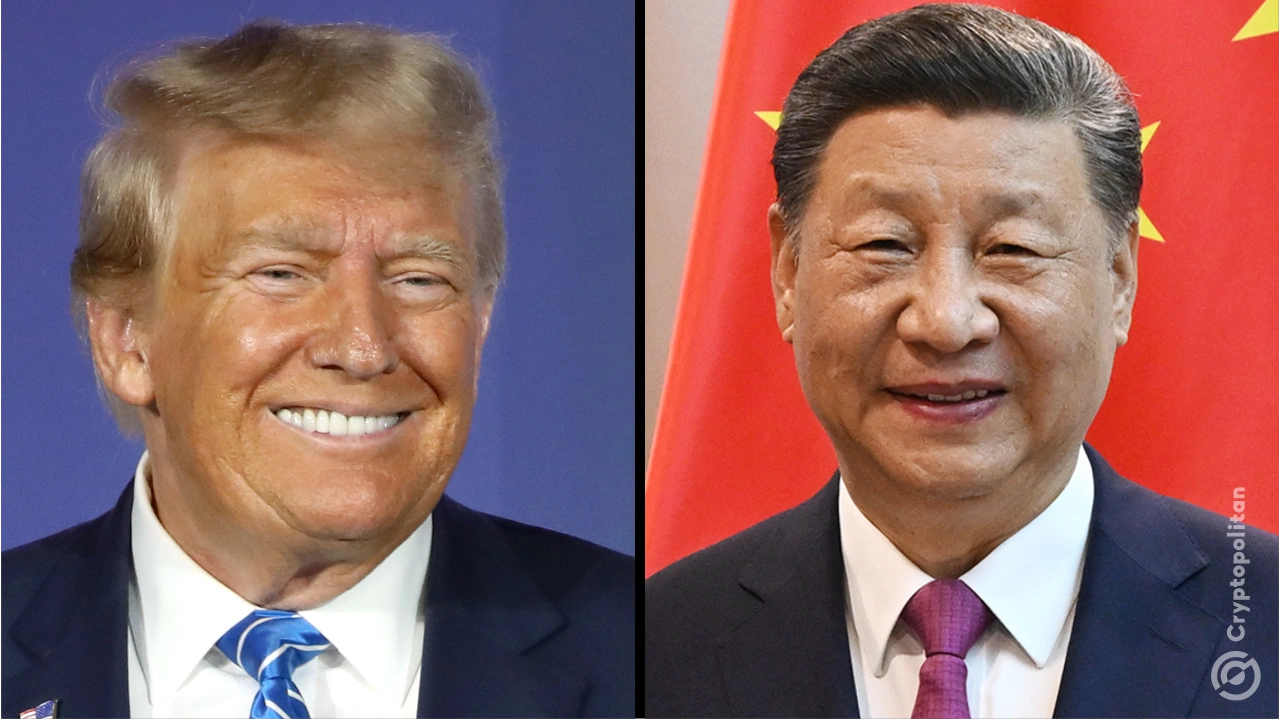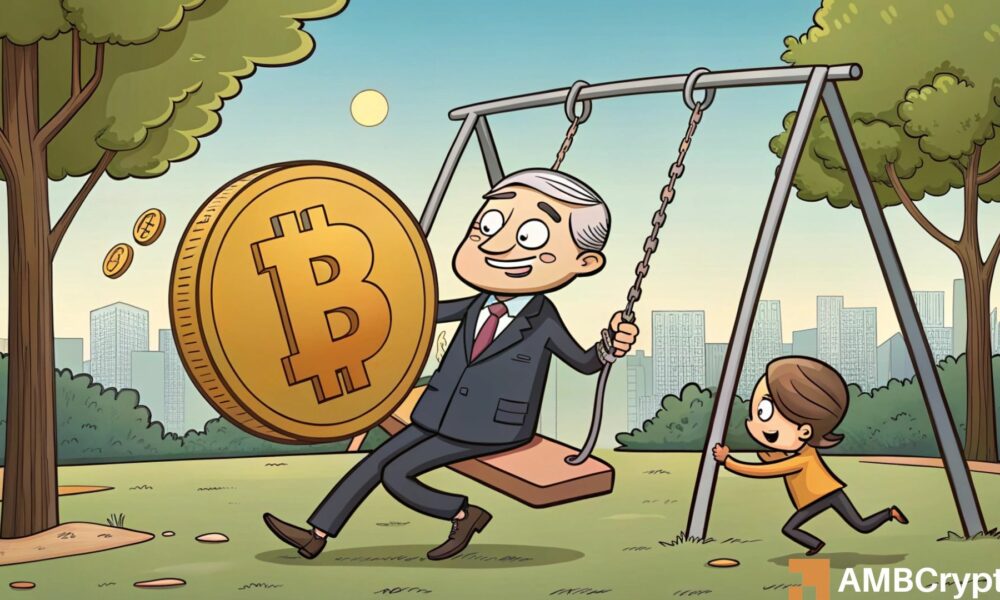
Donald Trump is making history before even stepping back into the Oval. The President-elect has invited Chinese President Xi Jinping to attend his inauguration next month, breaking 150 years of tradition.
Reports claim that multiple sources have confirmed the unprecedented invitation, which could set the tone for a new chapter in US-China relations.
This invitation is bold, especially considering Trump’s campaign rhetoric. He promised to slap a 60% tariff on all Chinese goods and has threatened another 10% if Beijing doesn’t curb fentanyl exports to the US. Folks are wondering if this is a strategic olive branch or a calculated power play.
A first in US-China history
State Department records show no foreign leader has attended a US presidential inauguration since at least 1874. Typically, such ceremonies are reserved for ambassadors and diplomatic envoys. The Chinese foreign ministry has yet to comment, but all eyes are on Beijing.
Xi’s last US visit was for the Asia-Pacific Economic Cooperation summit in November 2023, where he held talks with outgoing President Joe Biden. Relations between the two nations remained tense during Biden’s term, with no state visit to China largely due to COVID-19 travel restrictions.
Historically, leaders from both countries alternated visits, making it Trump’s turn to visit Beijing under usual protocols. The presidents haven’t met in person since June 2019 at the G20 summit in Japan.
Although Trump recently confirmed communication with Xi during an NBC interview, he declined to share details of their conversation. The invitation could signify an attempt to reset relations as the US and China prepare for what many fear could be another period of economic and political standoff.
China, on the other hand, isn’t backing down. Xi has emphasized his “four red lines,” which include no interference in the Communist Party’s control, no push toward democracy, no efforts to contain China’s economic rise, and no support for Taiwan’s independence.
This rigid stance shows Beijing’s determination to defend its sovereignty, even as it remains open to dialogue. In a speech earlier this week, Xi reiterated that trade and technology wars yield “no winners.”
Meanwhile, Beijing has escalated tensions by restricting the export of high-tech materials with military applications.
Unprecedented preparation
Historically, China has avoided sending heads of state to such events. When Biden was inaugurated in 2021, Beijing confirmed that the Chinese embassy had received an invitation but sent no high-ranking officials. The same approach was taken during Trump’s first inauguration in 2017.
Hua Chunying, then a foreign ministry spokesperson, emphasized that the US traditionally only invites diplomatic envoys to such ceremonies. This makes Trump’s direct invitation to Xi all the more extraordinary.
For now, the ball is in Beijing’s court. Whether Xi accepts the invitation or opts for a more cautious approach, the decision will likely be felt across global markets and economies.
Land a High-Paying Web3 Job in 90 Days: The Ultimate Roadmap










